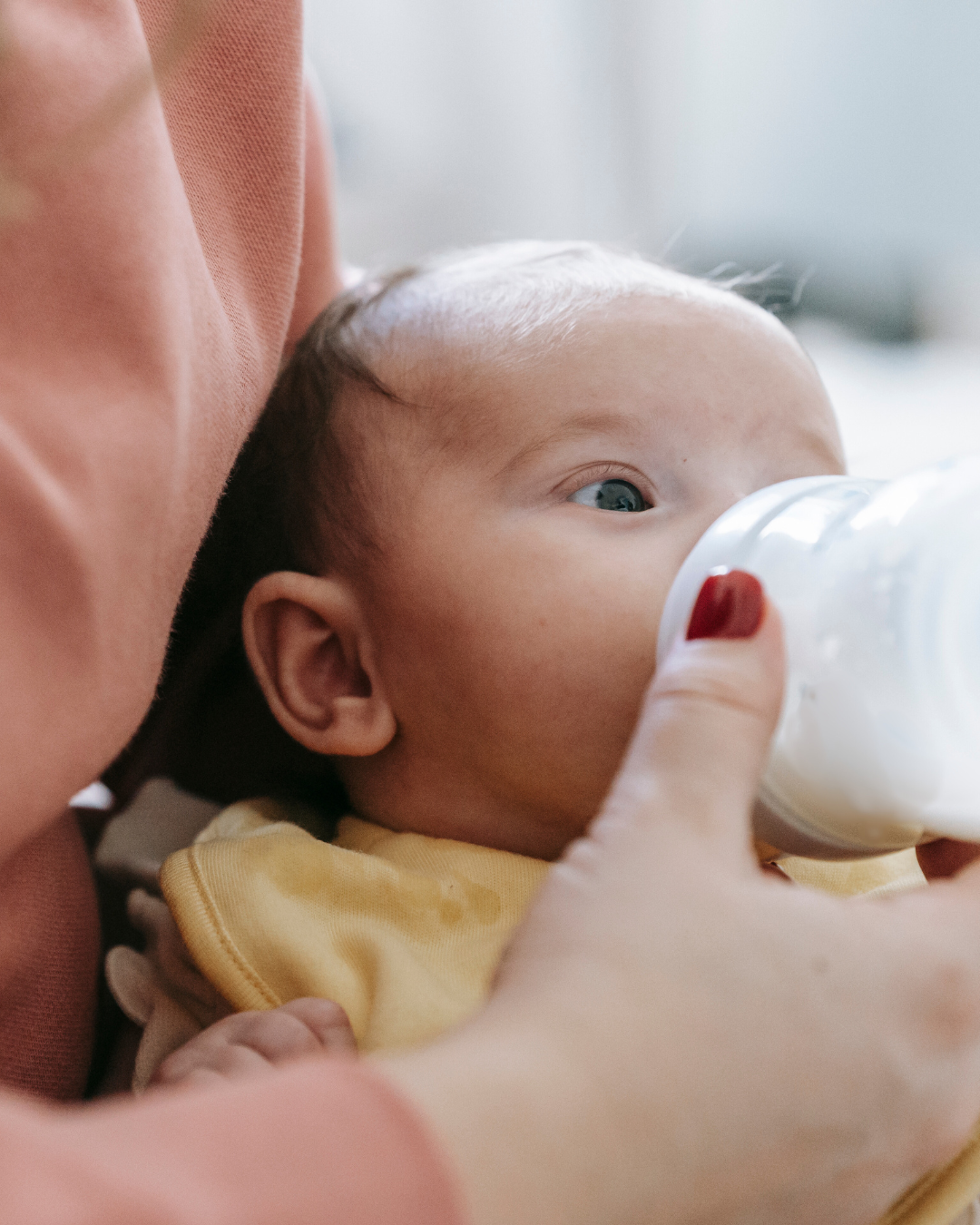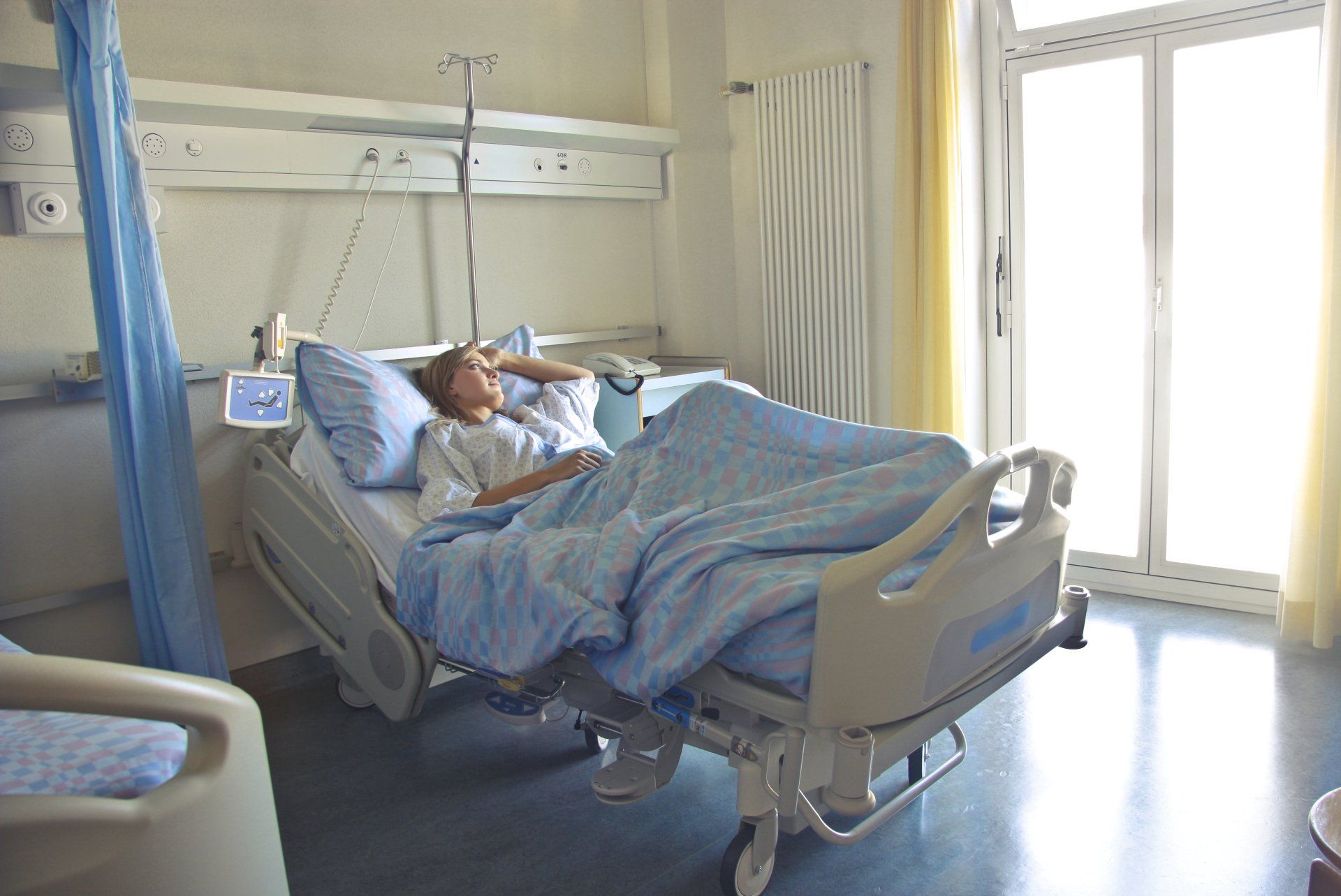Rates of mastitis go up over the festive period! Here’s some information on how to avoid common pitfalls.

Long Car Trips
Christmas often means lots of visiting and travelling in the car. Many babies like to sleep when in the car so there may be more time between feeds which can lead to engorgement which in turn can lead to mastitis. Plan regular breaks for long trips (its also safe for your baby not to be in the car seat for extended periods) and make sure to feed before leaving and on arrival.
Being Busy
Being busy with cooking, cleaning, entertaining and more can again mean missed feeds. Set a reminder to pause and feed in your phone just in case time gets away from you.
Relatives
Well meaning relatives can often want to help by holding the baby or bringing them on a walk. You’ve guessed it this can also lead to missed feeds. Also, some breastfeeding parents may feel uncomfortable feeding in front of some people and may unwittingly make feeds shorter, or more spaced out, than usual.
Over-stimulated Baby
With all the comings and goings and lots of different people about babies can become over stimulated and may have shorter or fussier feeds. If this is the case try to plan at least a couple of calm feeds in a quiet space away from others. It can also be nice to get some time away for yourself too!
Tight Clothes
You may like to wear fancier clothes or bras than usual and these may be tighter around the breast area. Make sure bras and clothes fit well and are not compressing breast tissue which can lead to blocked ducts or inflammation.
What to do if you notice blockages
If you feel blocked ducts or red hot spots bring your focus back to feeding your baby. You do not need to pump to relive this, feeding your baby as normal is recommended. A cold compress on the area for 10 minutes at a time can reduce discomfort and inflammation. Ibuprofen, as per packet instructions, can also be taken to help treat inflammation and fever if needed. This will be sufficient in treating most cases. However, if no improvement after 24-48 hours, or symptoms worsen, contact your GP or Out of Hours service as you may need antibiotics.



